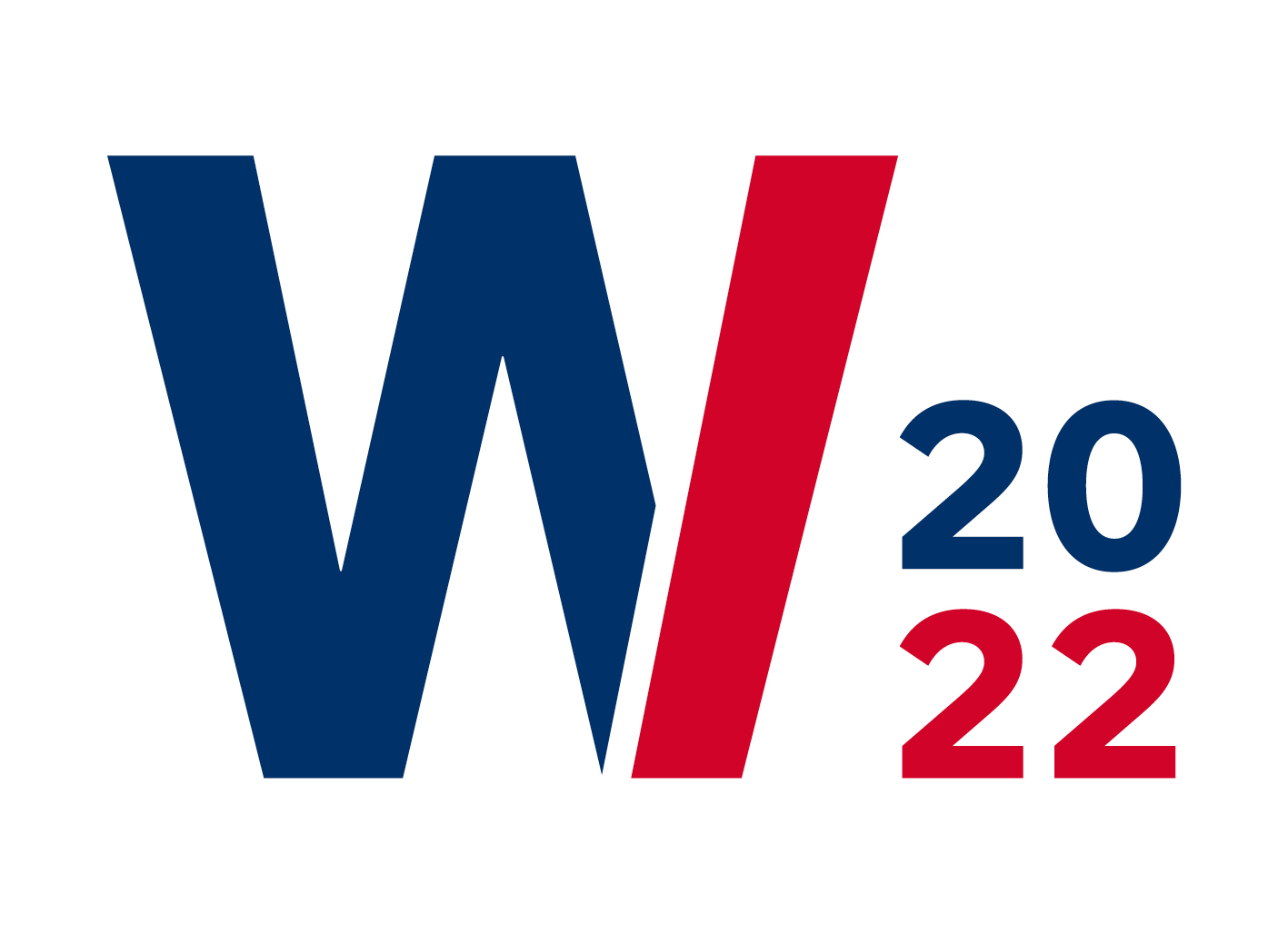Description
The application of machine learning is of high significance for quality control tasks in the manufacturing industry due to large volumes of machine-generated data. However, labeling data is costly and labor-intensive. In this study, we evaluate the role of manual labeling and the moderating effect of autoencoder-based pre-training in optical quality control using real-world industrial data. We observe that pre-training substantially elevates the classification accuracy for small amounts of labeled data. With increasing amounts of labeled data available during fine-tuning, however, we find diminishing returns, analogous to recent concerns raised in non-industrial applications.
Recommended Citation
Yesilbas, Dilara; Arnold, Stefan; and Felker, Alex, "Rethinking Pre-Training in Industrial Quality Control" (2022). Wirtschaftsinformatik 2022 Proceedings. 2.
https://aisel.aisnet.org/wi2022/analytics_talks/analytics_talks/2
Rethinking Pre-Training in Industrial Quality Control
The application of machine learning is of high significance for quality control tasks in the manufacturing industry due to large volumes of machine-generated data. However, labeling data is costly and labor-intensive. In this study, we evaluate the role of manual labeling and the moderating effect of autoencoder-based pre-training in optical quality control using real-world industrial data. We observe that pre-training substantially elevates the classification accuracy for small amounts of labeled data. With increasing amounts of labeled data available during fine-tuning, however, we find diminishing returns, analogous to recent concerns raised in non-industrial applications.


